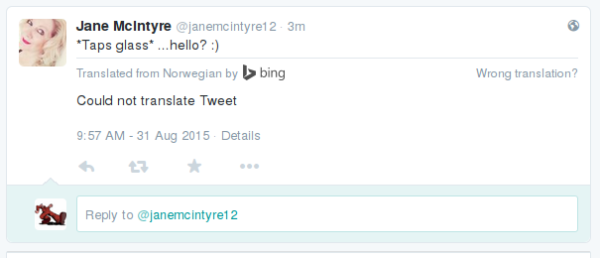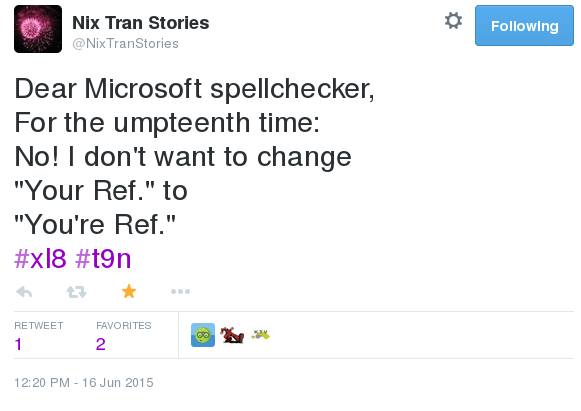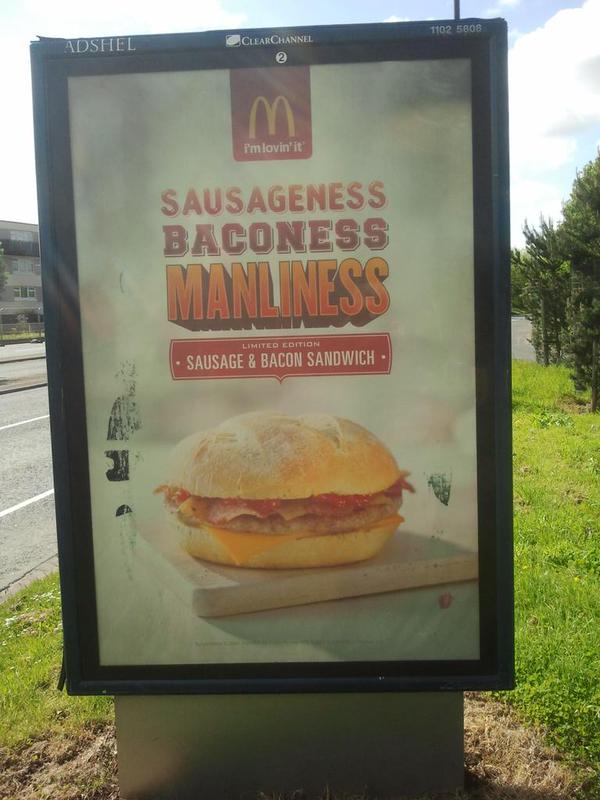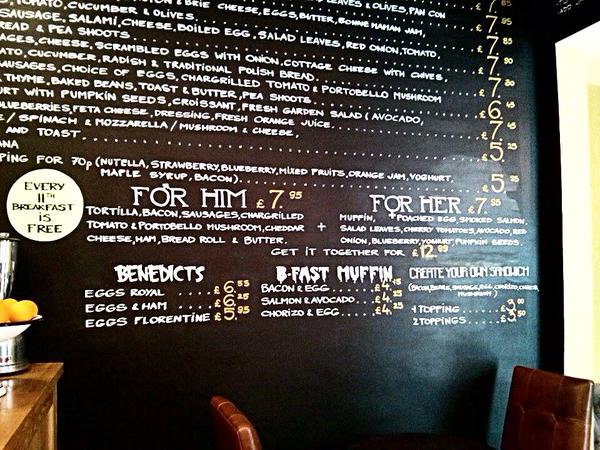Robins named stand after folker Fred
 There’s an astonishing revelation in today’s Bristol Post, the city’s most unreliable source of news: the late Fred Wedlock (pictured right), the local folk singer best known for his UK hit single “The Oldest Swinger In Town”, has had a stand named after him at Bristol City‘s ground at Ashton Gate.
There’s an astonishing revelation in today’s Bristol Post, the city’s most unreliable source of news: the late Fred Wedlock (pictured right), the local folk singer best known for his UK hit single “The Oldest Swinger In Town”, has had a stand named after him at Bristol City‘s ground at Ashton Gate.
This emerges from a report written by Ian Onions, the Post’s political editor, over a lifelong Robins fan’s wait for the club to honour its pledge over its 1990s ‘Buy-a-Brick’ campaign.
A screenshot of the article is also shown as confirmation of the existence of the Fred Wedlock Stand.

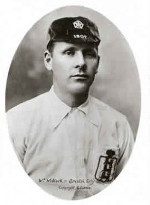 Ian may be a knowledgeable chap when it comes to politics and the skulduggery down at the Counts Louse (Bristolian for “City Hall” © Mayor George Ferguson. Ed.), but when it comes to the beautiful game, he really doesn’t know his onions, since it was dear old Fred’s grandfather Billy (pictured left) who played for and captained the Robins, as well as playing for the England squad and it is after him that the stand is named.
Ian may be a knowledgeable chap when it comes to politics and the skulduggery down at the Counts Louse (Bristolian for “City Hall” © Mayor George Ferguson. Ed.), but when it comes to the beautiful game, he really doesn’t know his onions, since it was dear old Fred’s grandfather Billy (pictured left) who played for and captained the Robins, as well as playing for the England squad and it is after him that the stand is named.
Ashton Gate also has a Williams stand. I wonder if Post reporters believe this was named after Andy of that surname rather than a former player. 😉
